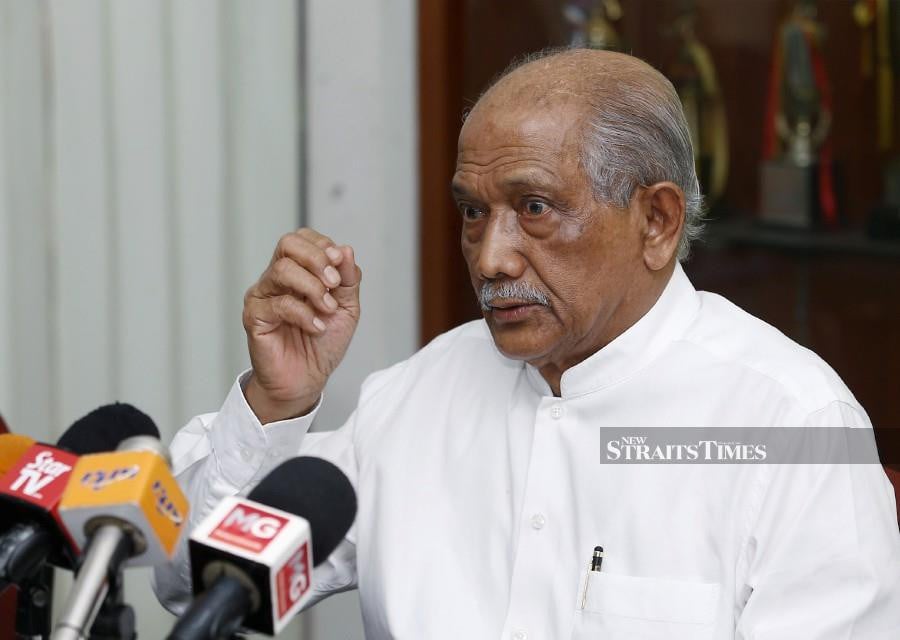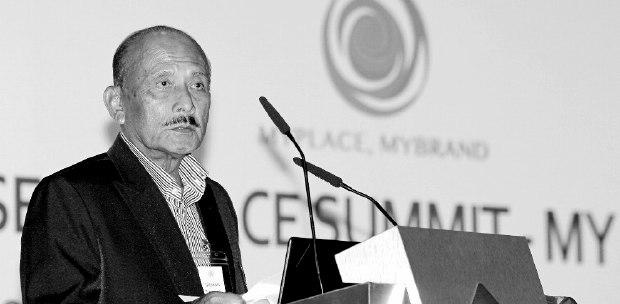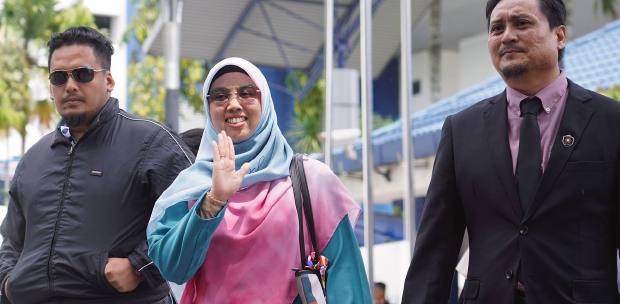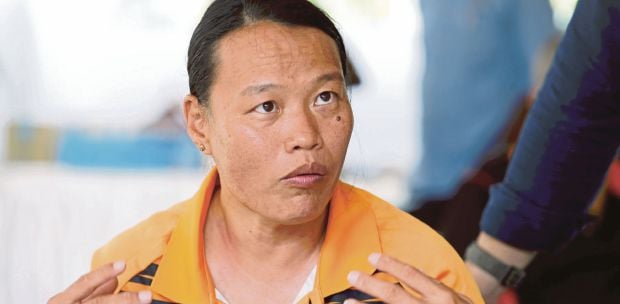KUALA LUMPUR: The country’s former top cop said he feels it is not wrong for Chin Peng’s ashes to be brought back.
Former inspector-general of police (IGP) Tan Sri Abdul Rahim Noor said although there was no formal agreement between the government of Malaysia and the Communist Party of Malaya (CPM) for his ashes to be brought home, he did not have any objection to it.
“After all, it is just his (the CPM leader’s) ashes and not his remains (body) as a whole.
“The CPM had formally laid down its arms following the Hat Yai Peace Accord signed (between the government of Malaysia and CPM) on Dec 2, 1989 (in the presence of Thai government officials).
“They (the CPM members) were given a one-year grace period for them to return to Malaysia if they wished to do so, as long as there were no attempts to revive their struggle or establish a new communist party.
“We should, therefore, after almost 30 years let bygones be bygones and move forward, as there is no revival of the communist ideology,” he told the New Straits Times, dismissing the existence of any other tripartite agreement (involving the Thai government).
Rahim was present during the accord’s signing in his capacity as the federal police’s Special Branch director.
Others present during the treaty’s signing were the then Home Ministry secretary-general Datuk Wan Sidek Wan Abdul Rahman, the then IGP Tun Mohd Haniff Omar, the then Armed Forces chief General Tan Sri Hashim Mohd Ali, Chin Peng as the CPM secretary, CPM chairman Abdullah C.D. and CPM commander Rashid Maidin.
On the return of Chin Peng’s ashes, Rahim said although the government had the right to take action, he hoped the matter would be put to rest.
“There are more pertinent threats the country is facing, including terrorism and extremists,” said Rahim, whom in August last year was appointed to facilitate the peace talks between the Thai government and Majlis Syura Patani (Mara Patani), an umbrella body representing militant groups in southern Thailand.
Asked if former CPM members attempted to return to Malaysia after the one-year grace period following the accord, Rahim said they would have to face the consequences of the country’s laws.
“They will have to face the music.
“If any of them had illegally returned, then action should be taken by the authorities,” he said in response to a hue and cry on Chin Peng’s ashes being brought back.
Born in Sitiawan, Perak, as Ong Boon Hua, Chin Peng died in Bangkok on Sept 16, 2013, at the age of 90, after spending years in exile in Thailand.
He was credited with fighting alongside British troops under Force 136 against the Japanese occupation of Malaya.
It was reported that in keeping with Chin Peng’s last wishes, his ashes were brought back to Ipoh, Perak, on Sept 16 (his death anniversary) and strewn across the Titiwangsa mountain range by a group of his supporters.
The Hat Yai Peace Accord came 33 years after the failed Baling Talks in Baling, Kedah in 1956.
It was an initial attempt to resolve the Malayan Emergency and involved Chin Peng, Singapore’s first chief minister David Marshall and the first prime minister Tunku Abdul Rahman Putra Al-haj.






